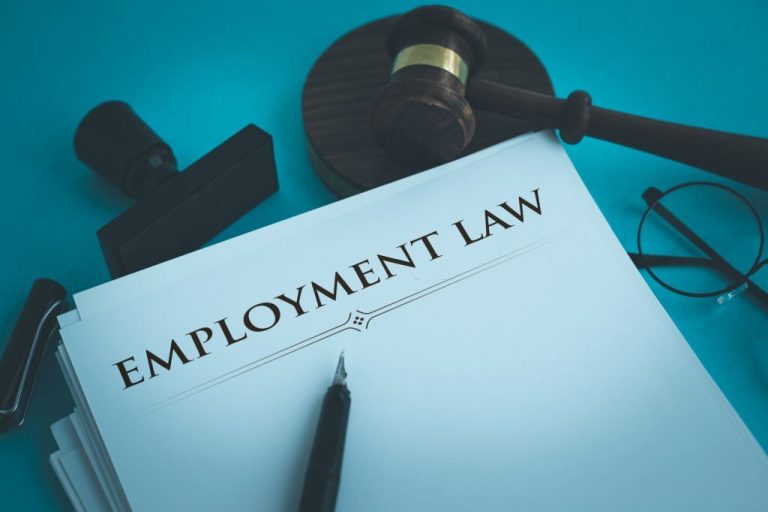Our top tips for managing workplace grievances
This blog will help you in managing discipline and grievances and help you decide what action to take.
1. Take into account pertinent laws
The following considerations are advised when an employee raises a grievance:
- The employer’s process of dealing with grievances
- The supporting ACAS guide to discipline and grievances at work and the ACAS Code of Practice on Disciplinary and Grievance Procedures.
- The ACAS workplace inquiry guide.
2. Is the path formal or informal?
Take into account the best course of action to solve employee grievance before deciding whether formal resolution under your grievance procedure is necessary or whether informal resolution is a better choice. Follow your employee’s requests and the specifics of the complaint as a guide. For instance, if one person feels offended by a casual remark made by another, a casual conversation with the offending employee may be sufficient to put things right.
Even if the employee is reluctant for it to be handled as a formal grievance, a complaint alleging discrimination should always be thoroughly investigated.
3. Before-hand considerations
Early on, employee should be made aware whether the grievance raises any issues covered by other policies, such as those governing whistleblowing, equal opportunity, anti-harassment or bullying, or stress at work, and whether any of those rules offer a better suitable method.
Does the employee have a disability? If yes, does the decision on the grievance be modified in any reasonable ways?
The grievance brings up factors that may warrant disciplining another employee or employees.
4. The ideal chairperson
You must decide who should serve as the grievance chairperson if the situation requires that a formal grievance be filed. Due consideration must be given to the gravity or complexity of the complaint when choosing the person to fill this position. Most of the time, this will be the employee’s line manager, but in particularly complicated situations, like those involving discrimination or whistleblower complaints, it will usually be more appropriate to appoint a more senior manager, ideally someone who has the necessary training or understanding of the complex issues.
It is crucial that the chairperson be completely removed from the grievance’s issues.
5. Remaining discreet
Keeping information private is crucial during the grievance procedure.
It is advisable to warn witnesses against talking to coworkers or outsiders about the complaint or investigation.
But keep in mind that, if they have one, the employee should be free to raise the issue with their employee representative.
6. Grievance meeting
After a grievance is filed, a meeting to discuss it should be scheduled as quickly as practicable. It may be appropriate in some circumstances to call the meeting soon after receiving the grievance and then adjourn it while the inquiry is being conducted. If it would be advantageous to discuss the grievance before the inquiry begins, as this strategy might be especially helpful in the formal procedure.
7. The privilege of company
The employee’s right to be accompanied to the grievance meeting by an appropriate person like a coworker or a trade union representative should be stated in the invitation to the grievance meeting.
8. Look into the complaint
A careful and appropriate approach should be taken by the HR when conducting the investigation. An investigation is a fact-finding process to gather all the pertinent data about the grievance’s issues. After carefully weighing all the pertinent information, a well completed inquiry will allow a conclusion on the complaint to be made.
Any sessions held to interview more witnesses should be kept private, and minutes should be taken.
Consider whether tangible evidence, such as CCTV, computer, or phone records, may be useful to the inquiry in addition to speaking with witnesses.
9. The choice
Once a decision has been made, the grievance meeting should preferably be called back, and the employee should be informed of the course of action you have chosen to take to address the grievance. Even if the choice must be made in writing, it is usually preferable to make it in person first and then confirm it in writing.
If the employee is unhappy with the initial decision, they should be informed by the HR that they have the right to escalate their issue and appeal.
10. Remedy
Any appeal should, to the greatest extent practicable, be heard or presided over by a stranger. They should ideally be beyond the direct reporting line and more senior than the grievance meeting’s chair. Employees are entitled to accompaniment at both appeal and grievance meetings.
We can help you solve employment tribunal and ensure that impartial and effective disciplinary and grievance procedures are in place at your company. Contact us and resolve the issue quickly!







